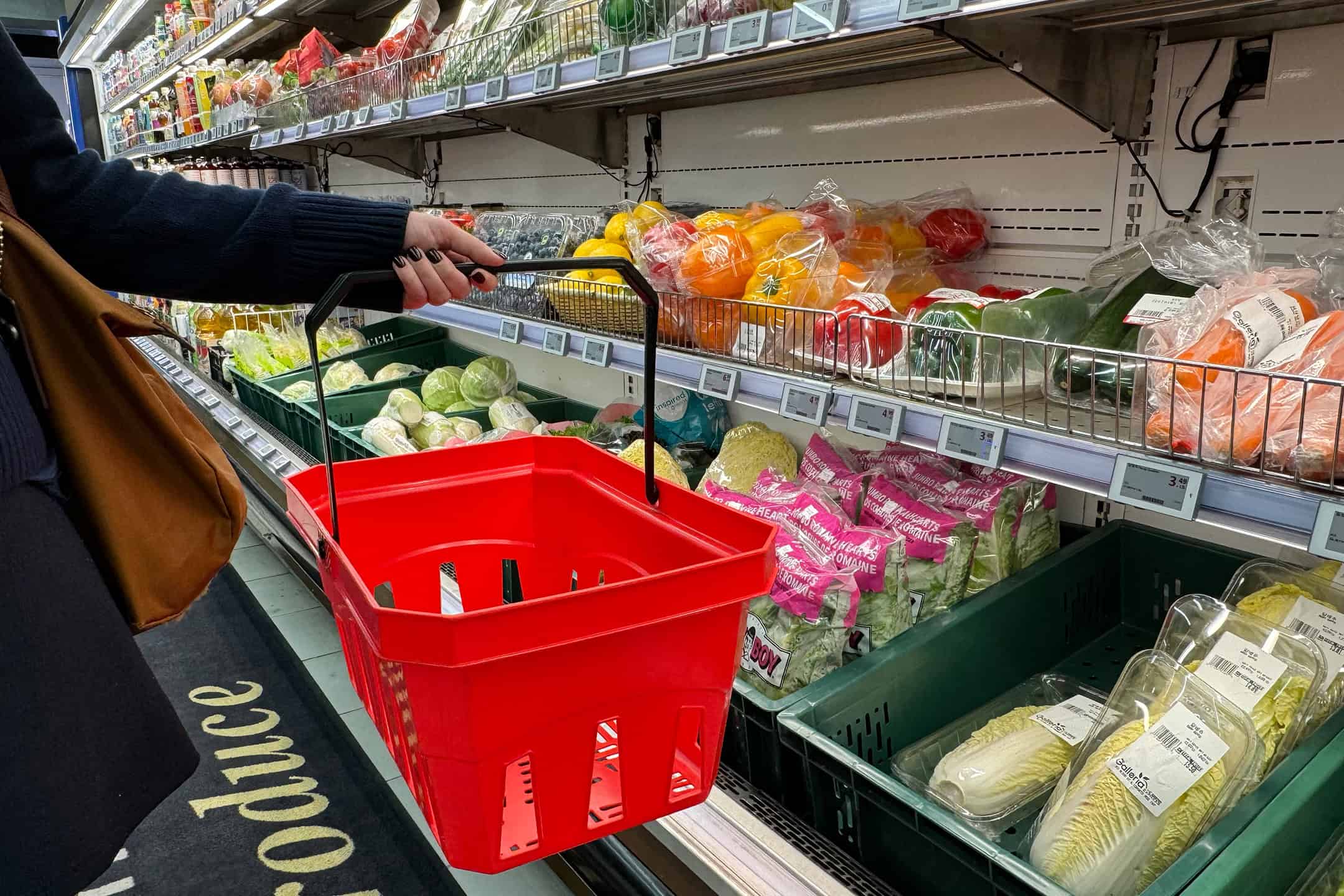Content warning: This article mentions depression and anxiety disorders.
With nearly one-third of postsecondary students in the country struggling to afford food, the Canadian Federation of Students (CFS) Ontario has relaunched its task force to combat food insecurity in Canada.
On September 11, CFS-Ontario announced in an Instagram post that the campaign’s main goal is to “conduct research on how food insecurity manifests itself on every single campus in this province.” In its post, the group called on students to fill out a Food Experience Survey to “explore [their] needs and wants” regarding campus food services.
Food insecurity in Canada and at U of T
Simply put, food insecurity means being unable to afford food. In broader terms, the issue includes the inability to access an adequate quality or quantity of food, a constant worry about running out of food, and buying a limited selection of food because of that concern.
While almost 23 per cent of the Canadian population in 2022 struggled with food insecurity, almost 57 per cent of university students can’t afford enough food according to a 2021 survey of more than 6,000 students across Canada.
As for U of T students, a 2021 research study by the U of T Innovation Hub — a student-led initiative that researches strategies for improving the campus experience — states that 39 per cent of U of T students experience some form of food insecurity.
What’s more, a 2021 national food insecurity study shows that international students and students belonging to a visible minority are more likely to experience food insecurity than other demographics. A 2020 study by a group of researchers from the University of British Columbia recorded that students who experienced two or more forms of marginalization were 2.52 times more likely to be food insecure.
When it comes to consequences, food insecurity affects human health beyond nutrition. PROOF — a research program at U of T studying policies related to food insecurity — reports on its website that people who struggle to afford food are more likely to experience infectious diseases, chronic conditions like depression and anxiety disorders, heart disease, hypertension, arthritis, back problems, and chronic pain.
Reactions from students and U of T administration
Students acknowledge that food insecurity exists across U of T campuses. Sonja Pušić
— a third-year humanities student at UTM — said that even though the school makes food available, that doesn’t mean they make it accessible.
“While we have a lot of opportunity for students to get food on campus, that doesn’t mean that the food is within the price range that the students can afford,” said Pušić.
This year, students have noticed food prices go up on campus. Jeanne Polochansky — a fourth-year psychology student from UTSG — said that students, herself included, tended to skip meals when they saw an item priced higher than before.
“[Students] will just eat, you know, once or twice a day, just something big in the morning, or only two small things during the day,” said Polochansky.
Pušić and Polochansky said the university is part of the issue, specifically for increasing prices while knowing that students can’t “opt out of eating” and that the campus is the most convenient place to eat.
In response to students’ claims about rising food insecurity on campus, a U of T spokesperson wrote to The Varsity that U of T offers the “most generous student financial aid programs in Canada, offering a total of $380 million in scholarships and bursaries in [2024–25].”
The spokesperson wrote that “food services at the university are self-funding and set their prices to cover the cost of their operations” and encouraged students who struggle with food insecurity to contact their registrar’s office or apply for emergency funding.
The students noted they haven’t seen too many initiatives coming from U of T to support students. Polochansky said she feels the university’s “general sense of reluctance” and “disconnect” from students regarding the issues they face.
“I think it’s less that the school is stepping up and helping, and it’s becoming more student-driven,” said Pusic.
Both students discussed initiatives to tackle food insecurity at their respective campuses. Pusic mentioned the UTM Students Union’s free breakfast initiative that takes place every other Wednesday, while Polochansky mentioned Victoria College’s “Eat After Eight,” a student-run program that distributes leftover food from the Burwash Dining Hall after it’s closed.
The CFS-Ontario did not respond to The Varsity’s requests for comment in time for publication.


